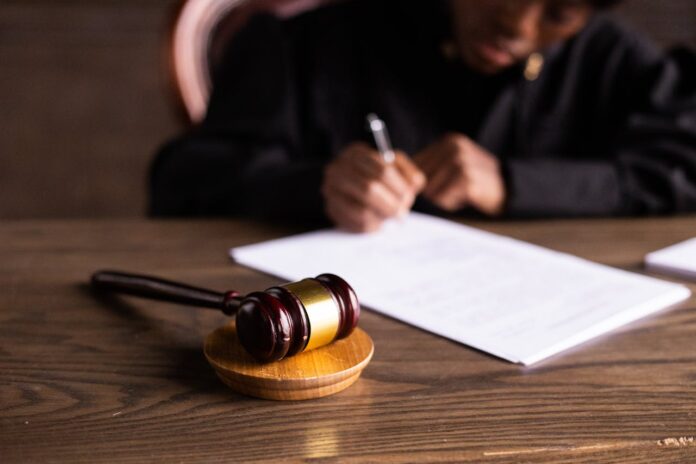This past week Judge Claudia Wilken declined to grant approval to the House v. NCAA antitrust settlement. She cited several concerns with various parts of the deal. The biggest issue concerned a clause that required boosters who provide money to student-athletes to be only for a “valid business purpose.” The treatment of booster collectives for Judge Wilken became an important concern regarding the approval of the settlement.
Throughout the NIL era, booster collectives have provided payments to student-athletes for their name, image and likeness. But many have criticized these NIL payments as being player salaries instead. The NCAA, through the settlement, looked to permanently eliminate those payments. Judge Wilken voiced her concern with this. “What are we going to do with this?” Wilken asked. “I found that taking things away from people is usually not too popular.” Wilken then gave both parties (NCAA and the plaintiff class of Division I athletes) three weeks to confer and revise specific language to save the deal.
The NCAA’s lead attorney, Rikesh Kilaru, stated to the judge that the revised settlement concerning rules of how booster collectives operate was a critical part of the deal. Further, he stated that these booster collective restrictions were not any different from the NCAA’s current rules which prohibit school boosters from paying athletes for specific performance or using NIL payments as an inducement to recruit student-athletes to certain institutions. Kilaru stated, “At any moment that rule could be enforced by the NCAA.” Kilaru’s concerns about changing the current settlement’s rules on booster collectives is such a high priority that he states there may not be a settlement without it.
Jeffrey Kessler, co-lead attorney for the student-athlete plaintiffs, stated to ESPN that he was comfortable with the judge’s suggestion to remove the new language about the NIL collectives from the settlement. According to ESPN, booster collectives associated with the more well-known football and basketball collegiate programs distribute anywhere from $10 million to $20 million per year to student-athletes. If the new settlement rules were approved, these same players would potentially make less revenue through the settlement agreement than they would through their current NIL deals.
Previously, we spoke about how the House v NCAA settlement would usher in a new age of collegiate athletics. Although that still may be the case, Judge Wilken has stated that booster collectives may play a bigger part of the new collegiate landscape then we first suspected. We’ll keep you updated in the coming weeks in how all this plays out.
If you or a family member are a student-athlete interested in participating in NCAA sports or are a current NCAA athlete looking for NIL representation please contact Student Athlete Pathways

